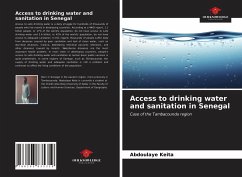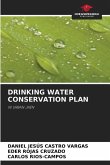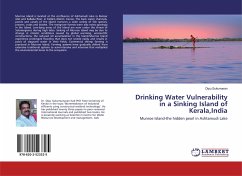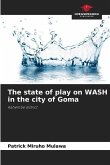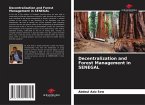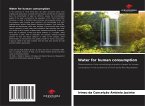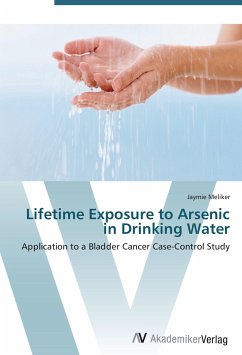Access to safe drinking water is a daily struggle for hundreds of thousands of people who live mainly in developing countries. According to a WHO report, 1.1 billion people, or 17% of the world's population, do not have access to safe drinking water and 2.6 billion, or 42% of the world's population, do not have access to adequate sanitation. In this regard, thousands of people suffer daily from diseases caused by poor sanitation and lack of clean water, such as diarrheal diseases, malaria, debilitating intestinal parasitic infections, and other diseases caused by insects. Waterborne diseases are the most important health problem. In most cities in developing countries, people's access to safe drinking water and sanitation at certain basic public services is quite problematic. In some regions of Senegal, such as Tambacounda, the supply of drinking water and adequate sanitation is still a problem and continues to affect the living conditions of the population.
Bitte wählen Sie Ihr Anliegen aus.
Rechnungen
Retourenschein anfordern
Bestellstatus
Storno

